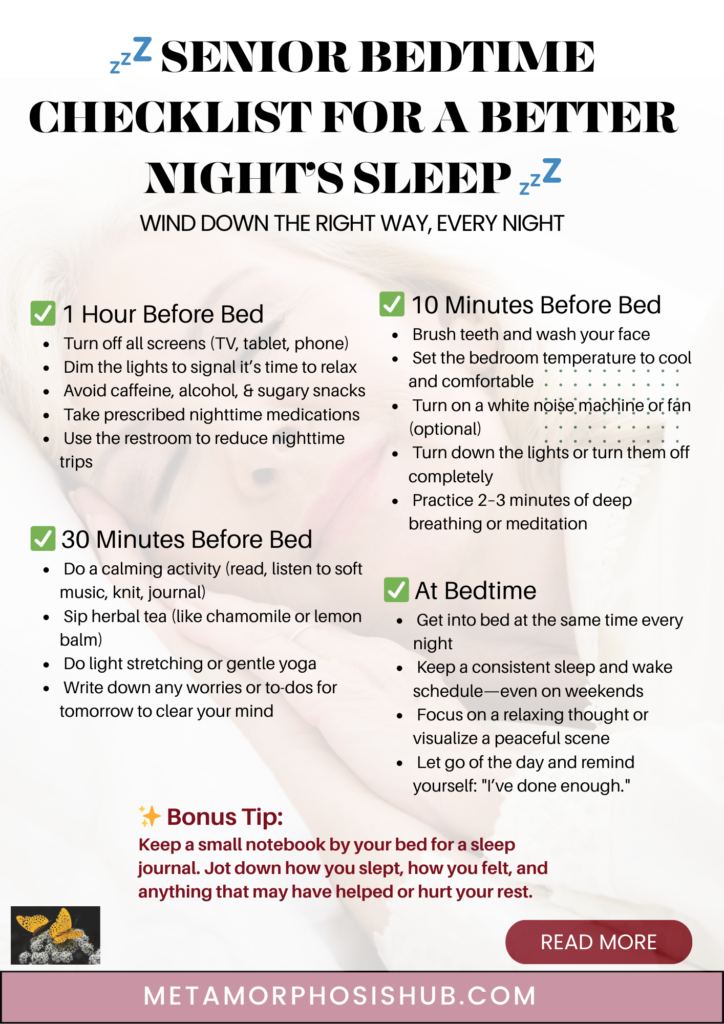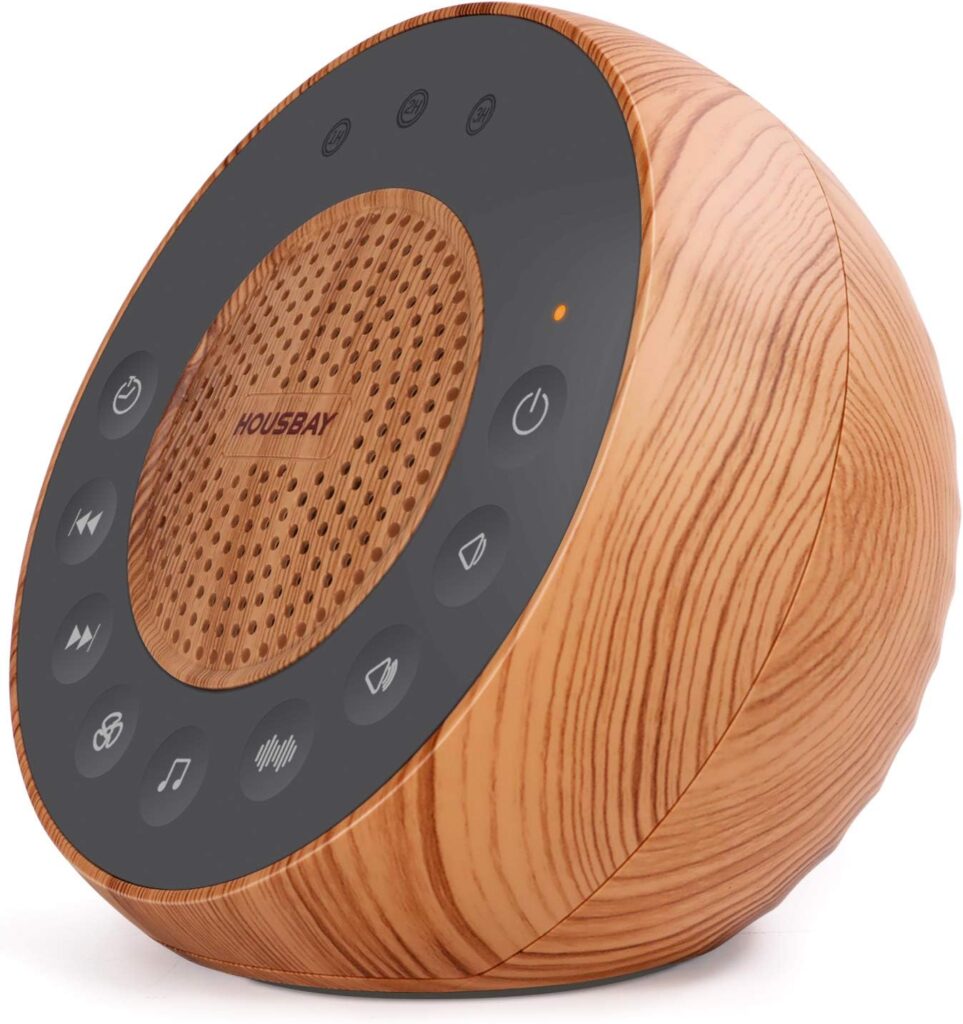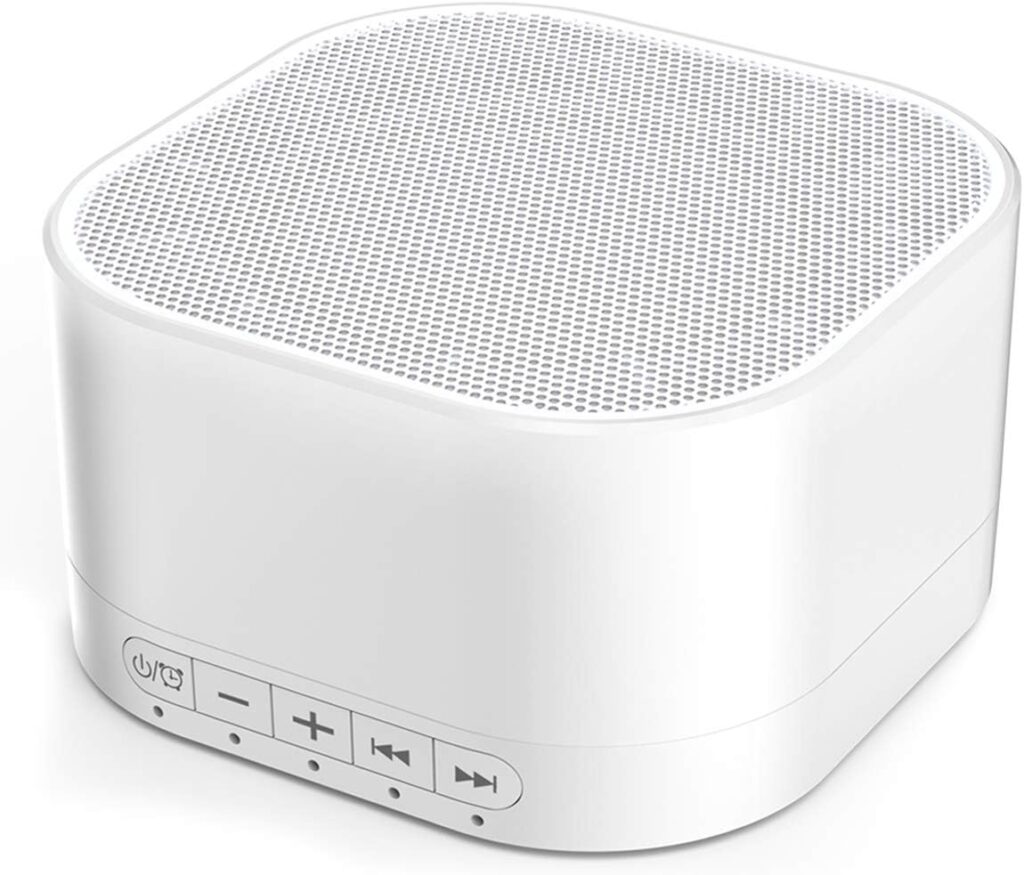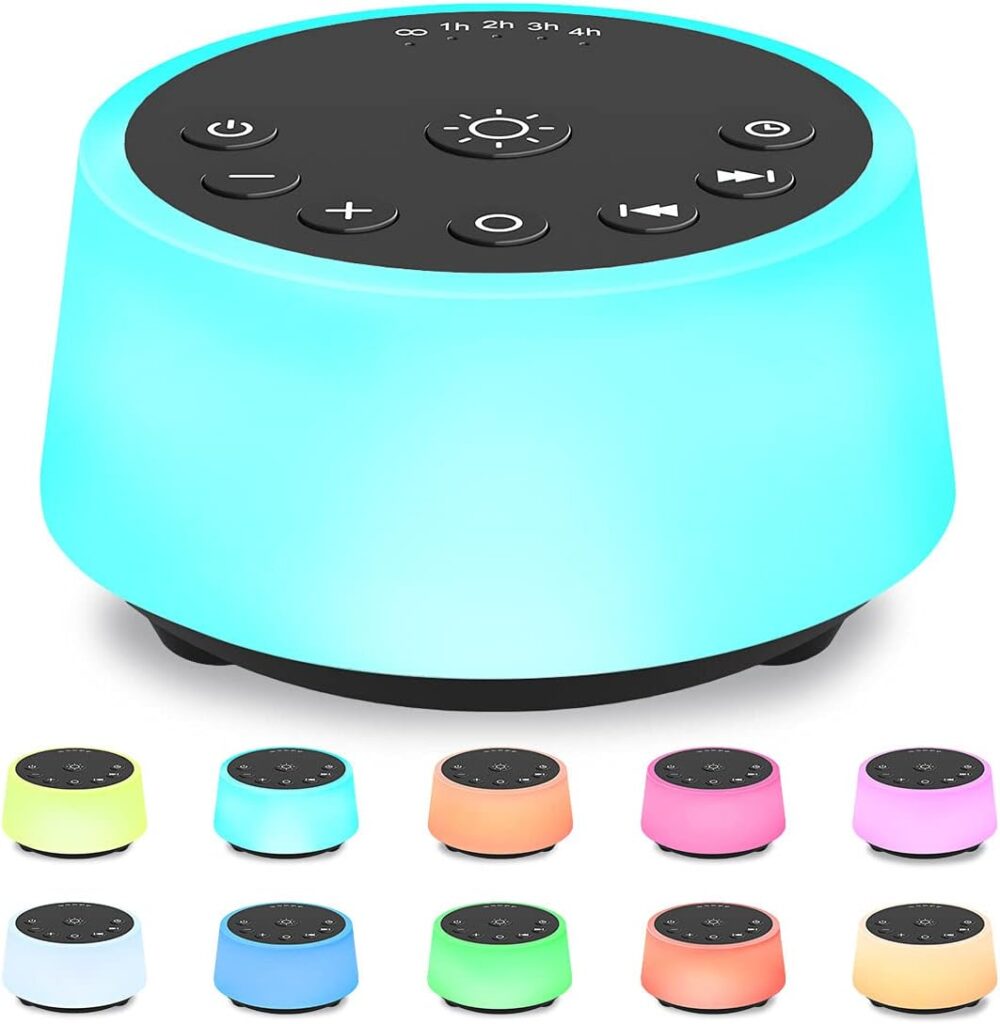Discover the surprising effects of unhealthy sleep habits after 60. Learn practical tips, expert insights, and personal stories to help you sleep better and feel younger.
Let me tell you something no one warned me about in my fifties: sleep doesn’t stay the same forever. One day you’re out cold for eight hours, and the next, you’re staring at the ceiling at 3 a.m., wondering if it’s too early for breakfast. Sound familiar?
If you’ve hit your sixties (or beyond), chances are you’ve noticed a shift. Maybe you’re waking up more often during the night, or perhaps it’s harder to fall asleep in the first place.
Whatever the case, unhealthy sleep habits can sneak up on you—and boy, can they do a number on your health.
This isn’t just about feeling groggy. The truth is, poor sleep can mess with your mental health, increase your risk for chronic illness, and even accelerate aging.
But here’s the good news: once you spot those sneaky habits, you can start fixing them. Let’s dig into the hidden dangers of unhealthy sleep habits after 60—and how to kick them to the curb.
4 Sneaky Culprits Behind Unhealthy Sleep Habits After 60
1. The Ever-Changing Body Clock
Ever notice how you feel sleepy earlier in the evening than you used to? That’s your circadian rhythm playing tricks on you. As you age, your internal clocks tend to shift, making you feel drowsy sooner and wake up earlier.
Add in a few nighttime bathroom trips and some joint pain, and you’ve got yourself a recipe for restless sleep symptoms.
But here’s the kicker: if we don’t adjust our routines to match our new sleep needs, we start developing poor bedtime habits—like dozing off in front of the TV or staying up too late playing phone games.
Actionable Tip:
Try going to bed and waking up at the same time every day—even on weekends. It helps reset your irregular sleep schedule and trains your body when to wind down.
2. Screen Time Shenanigans
I’ll admit it—I used to scroll through Facebook before bed. Just a few cat videos, I told myself. But that blue light? It was wrecking my sleep.
Blue light and sleep quality don’t mix well. All that screen time suppresses melatonin, the hormone that helps us sleep. The result? You lie awake, tossing and turning, wondering why you’re wide-eyed at midnight.
Actionable Tip:
Turn off screens an hour before bed. Try reading an actual book (remember those?) or listening to calming music instead.
3. The Afternoon Nap Trap
Naps feel like a gift from the heavens—until they mess up your night. As we age, we might be tempted to nap more, especially after a rough night’s sleep. But oversleeping problems during the day can lead to—you guessed it—another restless night.
Actionable Tip:
Keep naps short (20–30 minutes) and early in the day. Think of it as a recharge, not a full reboot.
4. The Role of Food and Drink
Oh, late-night snacking—how I love thee. But foods high in sugar or caffeine can trigger sleep disruption from stress and blood sugar spikes, keeping your brain way too busy when it should be winding down.
And let’s not even talk about that second glass of wine. Impact of alcohol on sleep is no joke—it might help you fall asleep faster, but it messes with your REM cycles and leads to poor sleep quality.
Actionable Tip:
Cut caffeine after 2 p.m., and try herbal tea at night. And if you must snack, go for something light and protein-rich.
How Unhealthy Sleep Habits Affect Senior Health
1. Brain Fog and Mood Swings
Poor sleep isn’t just tiring—it can tank your mood and memory. Sleep and mental health are deeply connected. If you’re sleeping badly, you might notice you’re more irritable, anxious, or even feeling down in the dumps.
Long-term sleep deprivation effects? Trouble concentrating, forgetfulness, and a whole lot of grumpiness.
2. A Weakened Immune System
You might not think of sleep as your secret weapon against sickness, but it is. Without solid rest, your immune system doesn’t function like it should.
That means more colds, longer recovery times, and increased risk of chronic insomnia causes like heart disease and diabetes.
3. Weight Gain and Energy Drain
Bad sleep messes with your metabolism and hunger hormones. That means you crave carbs, skip exercise, and gain weight without trying.
Not to mention, poor sleep and weight gain go hand-in-hand, especially when you’re too tired to cook healthy meals or take that morning walk.
Breaking the Cycle: How to Fix Unhealthy Sleep Habits
1. Build a Soothing Nighttime Routine for Adults
Our brains love consistency. Start signaling to your body that it’s time to sleep by building healthy bedtime rituals. Maybe it’s dimming the lights, playing soft jazz, or doing some light stretches.
Quick Tip:
Avoid digital insomnia by keeping gadgets out of the bedroom. No more late-night news binges, okay?
2. Create a Sleep-Friendly Environment
Think cool, dark, and quiet. Invest in blackout curtains or a white noise machine. Your sleep space should feel like a sanctuary.
And yes, that means kicking out the TV, too. Harsh, I know…..
3. Check Your Meds and Talk to Your Doc
Some medications mess with sleep—big time. If you’re having persistent issues, talk to your doctor. You might be dealing with sleep disorders in adults, and a small tweak to your meds could make a big difference.
4. Manage Stress Like a Pro
Worry keeps a lot of us up at night. Whether it’s bills, health stuff, or family drama, that mental hamster wheel can be brutal.
Try journaling, meditation, or chatting with a friend before bed. Managing anxiety and sleep problems can help you fall asleep faster and stay asleep longer.
Print the checklist below to guide you to change your old habits and invest in a white noise machine. You’ll be glad you did! A few options are provided in this article and you can check for more HERE

When to Get Help for Unhealthy Sleep Habits
If you’ve tried all the tips and you’re still waking up groggy or feeling off, it might be time to call in the pros.
Sleep specialists can help identify chronic insomnia causes, like sleep apnea or restless legs. And believe me, getting answers can be a total game-changer.
Final Thoughts: You Deserve A Better Bedtime Routine for Adults
Here’s the thing—your sixties (and seventies and eighties!) should be about enjoying life, not dragging yourself through the day half-awake. Unhealthy sleep habits don’t have to be part of the deal.
With a few tweaks and a little consistency, you can reclaim your nights, boost your health, and wake up ready to roll.
Related Articles
Top 5 White Noise Machines for Sleeping
FAQs About Unhealthy Sleep Habits After 60
What are the signs of unhealthy sleep habits in seniors?
Waking up frequently, daytime fatigue, mood changes, memory issues, and relying on naps or caffeine are common signs.
Can poor sleep habits affect my health after 60?
Absolutely. They can increase your risk of heart disease, weight gain, depression, and memory problems.
How can I improve my sleep after 60?
Stick to a schedule, limit screen time, avoid heavy meals and caffeine before bed, and create a calming bedtime routine.
Are naps bad for seniors?
Not necessarily. Short naps (20–30 minutes) can help if you’re tired, but long or late naps can interfere with nighttime sleep.
When should I see a doctor about sleep problems?
If you’re consistently tired during the day, have trouble falling or staying asleep, or snore loudly, it’s worth getting checked out.





